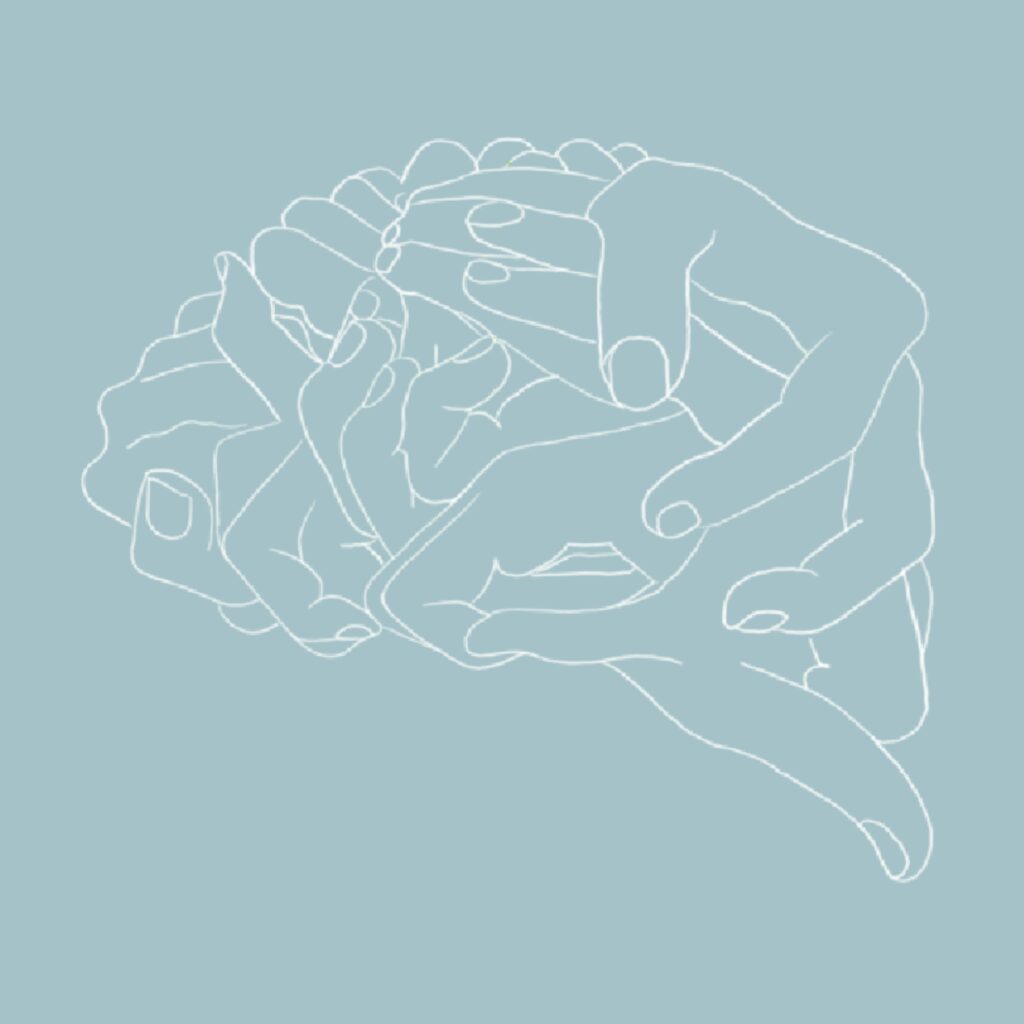Mental Health
People may feel down, stressed and anxious, in regards to situations that happen in their daily life. We all go through it mentally, physically, emotionally, and perhaps spiritually. It can be difficult to think, feel, and to act as thoughts and behaviour changes.
On one hand, our mental health can positively be good. To have that self-confidence to be around people, have adventure, setting ourselves goals, enjoying our time, and having new experiences. On the other hand, it is harder to cope when experiencing bad mental health.
Keep in mind, you’re not alone and won’t cope with your issues by yourself. You deserve all the support and help you can get.
What Affects Young Adults To Have Mental Health?
People assume that young adults are more independent than adults, but every individual should understand they also have their ups and downs. From the age of 16-25, they suffer from mental health. Young adults go through a physical and emotional rollercoaster.
They can be commonly affected by anxiety disorder, stress, OCD (obsessive-compulsive disorder), eating disorders, behavioural disorder, ADHD (attention-deficit/hyperactivity disorder), and mood disorder.
Some young adults may experience different mood swings. Such as, feeling moody, frustrated, aggressive, upset, anxious and many more feelings. When it comes to certain serious issues, there will be changes in eating habits and weight, long-term anger, and feeling irritated and hopeless.

Other Conditions
There are many difficult situations young adults go through on a daily. It can affect them mentally and emotionally for a long period, as it causes them to stress.
Young adults can be commonly affected by social stress, isolation, and substance abuse. They are impacted by other types of stress, like PTSD, sexual or physical abuse, bullying, and school or work stress. They may also have an unstable home life that includes domestic violence, grief or loss, dangerous living conditions, obesity, anorexia, chronic illness, and many more.
Support for young adults
For parents or caregiver, it is important to be there for your child and find out what is going on with them. You may see changes in their behaviour, but you also need to be aware of emotional changes. Every individual has different experiences when it comes to mental health, whether it’s stress, experiences of many things, or feeling emotionally unstable. When a young adult has a negative impact, you need to see through them.
If you’re going through a mental health disorder, contact your local GP or mental health specialist. They will give you support and the guidance you need. You will have all the information on what you’re going through and what to do about it.
If you’re having suicidal thoughts, call for an ambulance or the nearest A&E. Just know you are not alone. You have people to help you and give you the support.



